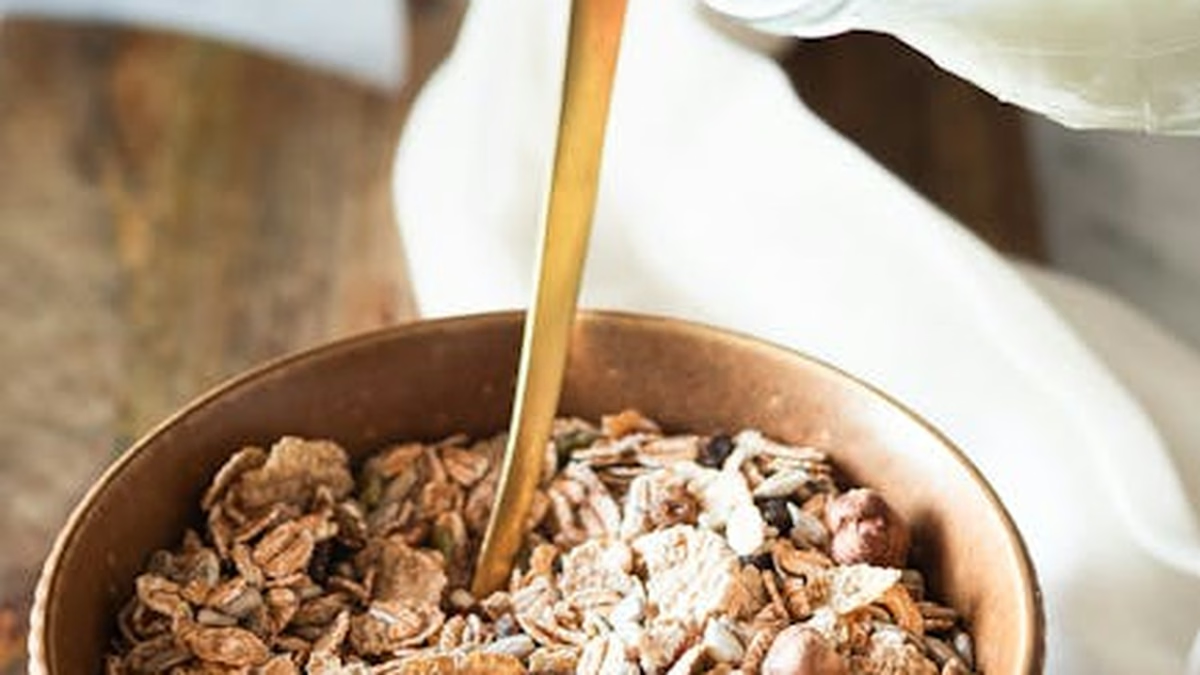Have you ever felt like you’re doing everything right – exercising regularly, getting enough sleep – but still missing that spark of vibrant health? The secret might be simpler than you think, and it’s likely something you’re not getting enough of: fiber. It’s often overlooked, but this powerful nutrient is a game-changer for your overall well-being.
What Exactly Is Fiber, and Why Is It So Important?
Fiber, also known as roughage, is a type of carbohydrate that your body can’t digest. Instead of being broken down and absorbed into the bloodstream like other carbs, it passes relatively intact through your digestive system. This might sound unappealing, but it’s precisely this indigestibility that makes fiber so incredibly beneficial.
Think of fiber as your body’s internal cleaning crew. It sweeps through your digestive tract, removing waste and toxins. But its benefits extend far beyond just regularity. Adequate fiber intake is linked to a lower risk of heart disease, type 2 diabetes, and certain types of cancer.
Also Read: Hunger vs. Thirst: Why You’re Snacking When You Need Water
The Two Types of Fiber: Soluble and Insoluble
There are two main types of fiber: soluble and insoluble. Each plays a unique role in supporting your health.
- Soluble fiber dissolves in water, forming a gel-like substance. This helps to slow down digestion, which can stabilize blood sugar levels and lower cholesterol. Good sources include oats, beans, apples, and citrus fruits.
- Insoluble fiber doesn’t dissolve in water. It adds bulk to your stool, helping to prevent constipation and promote regular bowel movements. Whole wheat, vegetables like broccoli and carrots, and wheat bran are excellent sources.
Ideally, you should aim to get a good balance of both types of fiber in your diet.
The Amazing Benefits of a High-Fiber Diet
Let’s dive deeper into the specific ways that increasing your fiber intake can transform your health:
- Improved Digestion: This is perhaps the most well-known benefit. Fiber adds bulk to your stool, making it easier to pass and preventing constipation. It also feeds the beneficial bacteria in your gut, contributing to a healthy gut microbiome.
- Weight Management: Fiber can help you feel fuller for longer, which can lead to reduced calorie intake and weight loss. The gel-like substance formed by soluble fiber slows down digestion, preventing those dreaded blood sugar spikes and crashes that can trigger cravings.
- Heart Health: Soluble fiber can help lower LDL cholesterol (the “bad” cholesterol), reducing your risk of heart disease.
- Blood Sugar Control: By slowing down the absorption of sugar, fiber helps to stabilize blood sugar levels, which is especially important for people with diabetes or insulin resistance.
- Reduced Risk of Certain Cancers: Studies have linked high-fiber diets to a lower risk of colon cancer, breast cancer, and other types of cancer.
How to Incorporate More Fiber Into Your Diet
Making small, gradual changes to your diet is the key to successfully increasing your fiber intake. Here are some simple strategies:
- Start your day with a high-fiber breakfast: Choose oatmeal, whole-grain cereal, or a smoothie with added fruits and vegetables.
- Add beans and lentils to your meals: These are excellent sources of both soluble and insoluble fiber.
- Eat more fruits and vegetables: Aim for a variety of colors to get a broad range of nutrients. Leave the skin on apples, pears, and potatoes for extra fiber.
- Choose whole grains over refined grains: Opt for whole-wheat bread, brown rice, and quinoa instead of white bread, white rice, and pasta.
- Snack on nuts and seeds: These are packed with fiber, healthy fats, and other essential nutrients.
- Read food labels: Pay attention to the fiber content of packaged foods and choose options with at least 3 grams of fiber per serving.
A Word of Caution: Increase Fiber Gradually
It’s important to increase your fiber intake gradually to avoid digestive discomfort, such as bloating and gas. Drinking plenty of water is also crucial, as fiber absorbs water and can lead to constipation if you’re not adequately hydrated. Start by adding a small amount of fiber to your diet each day and gradually increase the amount over several weeks.
The Bottom Line: Fiber Is Your Friend
In conclusion, don’t underestimate the power of fiber! It’s an incredibly versatile nutrient that can significantly improve your health in numerous ways. By making simple dietary changes and prioritizing fiber-rich foods, you can unlock a new level of vitality and well-being. It’s about more than just preventing constipation; it’s about investing in your long-term health and feeling your absolute best. So, embrace the benefits of fiber and start your journey to a healthier, happier you today!






2 thoughts on “Fiber: The Most Overlooked Nutrient That Can Change Your Health”
Comments are closed.